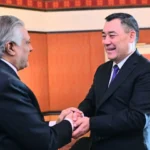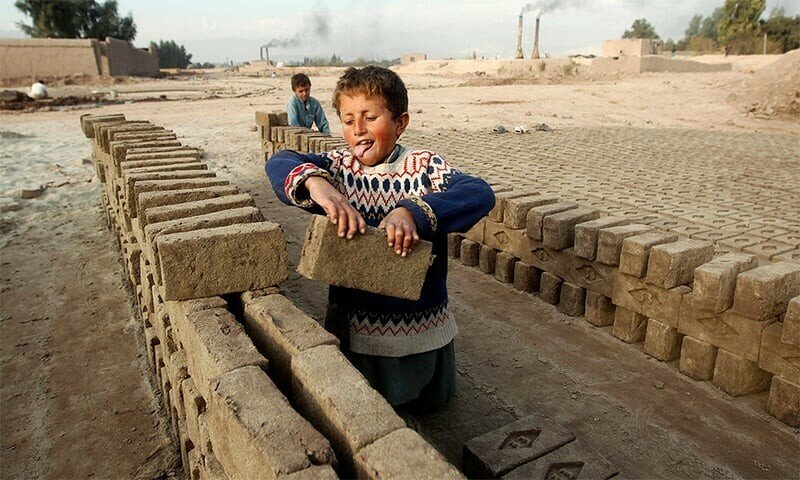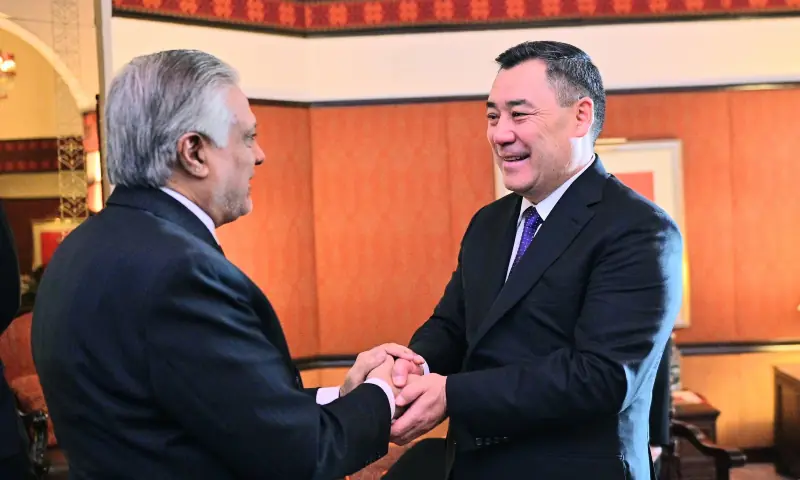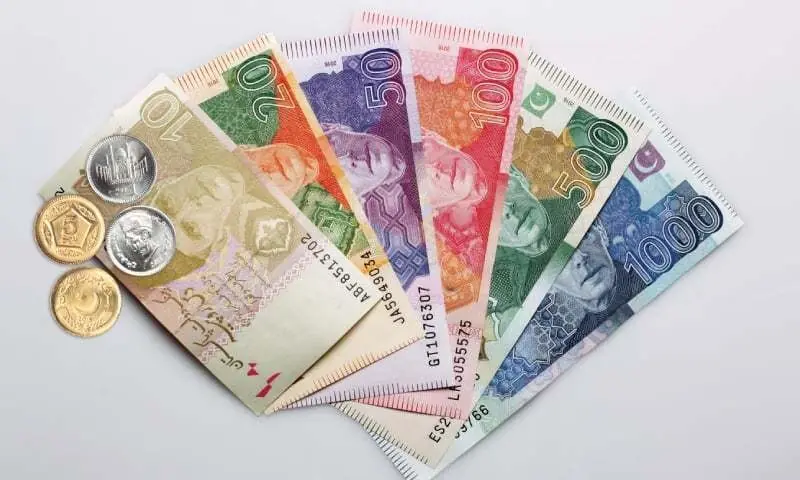President Asif Ali Zardari and Prime Minister Shehbaz Sharif urged parents and employers on Thursday to make joint efforts to eliminate child labor, as the country observed world day against child labor.
More than 12.5 million children in Pakistan are involved in child labor, according to the National Secretariat of the Child’s Rights Movement (CRM). One in four homes in Pakistan used a child for domestic work, often in dangerous conditions, according to the International Labor Organization (ILO). According to a provincial survey, working children represented 11.1 percent of the child population of Khyber Pakhtunkhwa.
According to a statement from the president’s house, President Zardari, in his message, requested efforts to protect the children from exploitation, expressing hope for a future where children could “learn, play and grow in a safe and worthy environment.”
Emphasizing the need for collective action by governments, the president urged employers to “strictly follow child labor laws and make sure their workplaces are free of exploitation.”
He also asked parents and guardians to prioritize their children’s education about “short -term profits.”
“He urges schools and teachers to identify children at risk of abandoning and keeping them in the classroom,” he said in his message.
Detailing Pakistan’s efforts to end child labor, he added: “Pakistan has promulgated the Law of the National Commission on Children’s Rights (2017), the child protection law of the ICT (2018), the Law of the Youth Justice System (2018), the use of the Children’s Law (1991) and the Law of Domestic Workers (2002)”.
“Pakistan has also established effective mechanisms and service units for the prevention of child exploitation, child labor and attention and rehabilitation to affected children.
“Pakistan, as a signatory to several international conventions aimed at eliminating child labor, is totally committed to putting an end to the exploitation of children.”
He called the media to create awareness about the issue of child labor and appealed to philanthropists to “support vulnerable families so that no child is forced to childbirth due to poverty.”
In addition, he urged the international community to “pay urgent attention to children in Gaza.”
“Thousands of innocent children in these areas have been displaced, injured or orphaned due to violence and aggression by occupation forces,” he said.
By pointing out that children in such vulnerable states had an increased risk of being pushed into child labor, emphasized “immediate global support, protection and justice.”
“Together, we can dismantle the systems that exploit children and create a Pakistan and a world where each child is free to dream, learn and build a brighter future.”
Meanwhile, Prime Minister Shehbaz, while reaffirming the government’s commitment to end child labor, highlighted the role of “federal and provincial governments, the private sector, educational institutions, media and civil society” to prevent child labor, the Associated Press of Pakistan (app) reported.
“Children undergoing child labor not only face sexual and psychological abuse, but are also deprived of their fundamental right to education. They are robbed of their childhood,” he said.
Prime Minister Shehbaz also pointed out that children from “developing countries are the most affected by the scourge of child labor.”
“Pakistan is shoulder shoulder with the global community in his fight against child labor,” he added.
He said that this year’s theme, “Progress is clear, but there is more to do: we will accelerate the efforts!” It emphasizes that although they have been achieved, much remains to be done.
“On this occasion, the International Labor Organization (ILO) and UNICEF are launching the 2025 global estimates and trends report on child labor, which will help evaluate the effectiveness of the steps taken so far,” reads the declaration of the Prime Minister.
Reiterating Pakistan’s commitment to ILO conventions on child labor, he pointed out that article 11 of the Pakistan Constitution prohibits all forced forms of forced labor and child labor.
Appealing to all interested parties to help the government in their effort to promote education, the Danish school system said as an initiative of the Government to provide access to quality education to disadvantaged children.
The latest Pakistan child labor survey, conducted in 1996, determined that agriculture involved the highest proportion of children involved in child labor (66pc), followed by manufacturing (11pc), hotels and restaurants (9pc), domestic work, social and personal services (8pc), transport (4pc) and construction (2pc), according to an ILO report.
Every year, on June 12, the ILO, along with its constituents and partners around the world, commemorates World Day against Child Labor. This year’s theme reflects both the progress achieved and the urgency of intensifying the action to meet the global objectives.
World Day of 2025 focuses on a key milestone: the launch of 2025 global estimates and trends in child labor. This Joint and UNICEF report will provide an integral overview of where we are in our global commitments to eliminate child labor.
Although detailed data is not yet available, estimates and trends identified will guide policy debates and called renewed commitment and investment.








